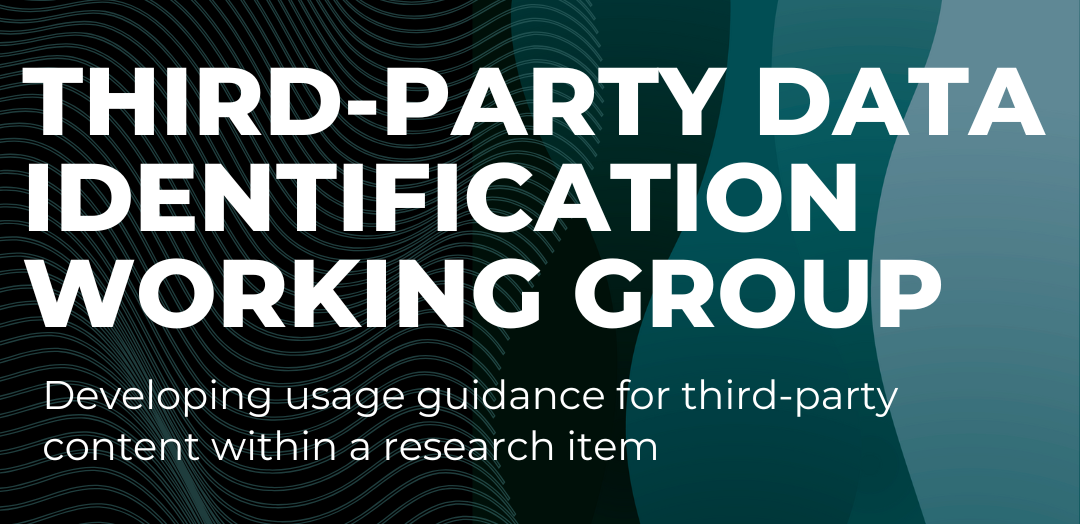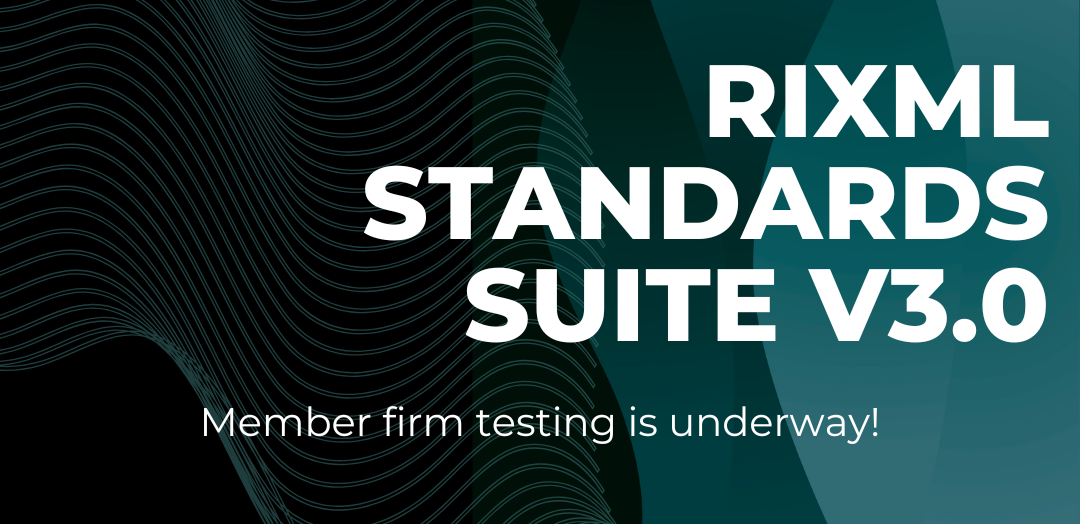The isResearch flag
Based on member firm request, we will be adding an isResearch flag to the upcoming RIXML Research Standard v3.0 update. However, for it to be useful, we must define what it actually means, and we must provide clear guidance to ensure that it will be used in a consistent manner.
PROPOSED DEFINITION:
Based on what we have heard so far, we believe that the following will be the guidance we provide on usage of the isResearch flag in the upcoming v3.0 Research Standard:
A “true” value for the isResearch flag means that the item is published by an institutional research department. It can be used in conjunction with entitlement codes, content type guidance (research report vs. meeting announcements, etc.), and other tags to route and filter content as needed. Default value = TRUE, since the primary purpose of the Research standard is to describe investment research.
BACKGROUND AND RATIONALE:
At the January 2025 RIXML all-member meeting meeting, we had a great discussion to discuss what is research? – or, more specifically, what does the isResearch tag signify?
Many people contributed to the discussion, bringing insights, observations, and questions informed by a wide variety of expertise.
We believe that the definition we have proposed above addresses the needs identified by research aggregators and firms that utilize RIXML for their internal systems:
- Buyside research consumers often want a “research feed” to include both research and other content published by the institutional research department, such as meeting and conference announcements. The above definition allows the isResearch flag to accomplish this. In cases where a consumer wants to either view or exclude non-research content, filtering by the Form tag would allow the user to include or exclude event invitations, primers, etc. Additionally, the entitlement flag allows the publisher to indicate who is/is not eligible to view the content.
- Content aggregators (both aggregation vendors and research creators that use RIXML in-house and whose tools are used by both institutional research and other departments for content creation) requested this flag. They indicated that they needed a way to quickly determine whether content came from an institutional research department in order to place incoming content into the right category in their systems.
- Content publishers whose content creation tools are now being used by departments other than institutional research departments need a way to distinguish whether an item was being published by the research department or by another department.
OTHER CONSIDERATIONS:
We did discuss various ways of determining what goes into determining whether something is research, including
- whether a research consumer would be interested in an item/want it to come up in their feed
- whether a research consumer would consider an item to be research
- whether the item contributes to a broker vote weighting and/or receives a particular value
- whether the content covered in the item is regulated (by FINRA in the US, or by similar regulatory agencies elsewhere)
- identifying who the authorized/intended audience is: the general public, the press, academic audience, or investment professionals
- whether the item has disclosures and/or must pass through a Supervisory Analyst,
- whether an item makes an investment recommendation vs. whether it is a thought leadership piece, conference notification, etc.
- what the entitlement access level is
- how the item should be routed (in internal systems and/or by aggregators) to determine how/where it is displayed and available
CONCLUSION:
In the end, we determined that having the isResearch flag indicate that a piece of content was produced by an institutional research department vs. content coming from another area (sales, trading, etc.) provides the functionality that was missing.
Entitlement has to do with the user and the content; the Form tag allows the user to include or filter out event invitations, primers, etc. Thus, the isResearch flag, the Entitlement tag set, and the Form tag set provide the necessary levers to allow both front-end user interfaces and back-end filtering tools to be created that provide a mechanism to easily access the content they need.
FEEDBACK:
We will be gathering input on this proposed definition during the member firm testing phase and the public comment period of the RIXML Standards Suite v3.0 development process. We welcome your input.


